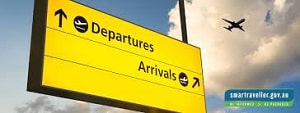Benin COVID-19 Entry requirements
Benin Proof of COVID vaccination or a negative PCR test is no longer required for all travellers to enter Benin. However, travellers should comply with the regulations of the country they are departing from. If you need to take a test to depart Benin fees are 25,000 FCFA (normal service) or 50,000 FCFA (premium service). There is an online guidance page (in French) which explains the steps for departing passengers and test results can be obtained within 24 to 48 hours.
If you’re fully vaccinated
Entry requirements for Benin are the same for all travellers, regardless of COVID-19 vaccination status.
Children and young people
Entry requirements for Benin are the same for all travellers including children and young people, regardless of COVID-19 vaccination status.
If you’re transiting through Benin
Transiting is when you pass through one country on the way to your final destination. Only fully vaccinated travellers can enter Togo via the land border.
ExemptionsThere are no exemptions to Benin’s entry requirements.
Benin eVisa On Arrival
Visas Benin You will need a visa to enter or travel through Benin as a visitor. You should get a short stay or multiple entry e-visa by applying and paying online. The visa will be issued on arrival at the airport in Cotonou.
- 1. Fill out the application form: Complete the online application form with accurate and up-to-date information. This may include details about your purpose of travel, intended duration of stay, accommodation, and other required information.
- 2. Pay the visa fee: Proceed to pay the applicable visa fee online using a valid payment method. The fee amount may vary depending on your nationality and the type of visa you are applying for.
- 3. Submit the application: After completing the application form and paying the fee, review all the information provided for accuracy and submit your application electronically.
- 4. Receive eVisa approval: Once your application is submitted, it will be reviewed by the immigration authorities. If approved, you will receive an electronic visa approval notice or an eVisa document via email.
- 5. Print the eVisa document: Print out the approved eVisa document, as you will need to present it upon arrival in Benin.
- 6. Travel to Benin: Carry your printed eVisa document, along with your valid passport and other supporting documents, when traveling to Benin. Present these documents to the immigration authorities at the designated port of entry.
If traveling by air, check if your airline requires any health information, test results, or other documents. Check with your destination's Office of Foreign Affairs or Ministry of Health or the US Department of State, Bureau of Consular Affairs, Country Information page for details about entry requirements and restrictions for arriving travelers. Follow any entry requirements or restrictions at your destination which might include testing, quarantine, and providing contact information. If you test positive on arrival, you might be required to isolate. You might be prevented from returning to the United States as scheduled.
If you get sick in Benin, you might need medical care. Plan ahead and learn more about Getting Health Care Abroad
Benin Overland Travel
The information below concerning Benin is provided for general reference only, and may not be totally accurate in a particular location or circumstance. Overland Travel Enter The Republic of Benin by Land
The republic of Benin contains a myriad of incredible highlights and more than punches above its weight! Benin is probably most famous for the traditional Vodun (Voodoo) culture, which is widely practiced across the country - in the tiny coastal village of Grand Popo we often are lucky enough to witness an energetic and magical Vodun celebration, where the whole village comes out to the sounds of drumming and singing.
Visiting Benin
Benin, famous for it's Voodoo culture is a fantastic country to visit. Pendjari National Park in the North is one of the last places to view Elephants and lions in West Africa.
Entering Benin with a Car or Motorbike
With the exception of the road linking Cotonou in the south to Malanville on the border with Niger in the north, roads in Benin are generally in poor condition and are often impassable during the rainy season. Benin's unpaved roads vary widely in quality; deep sand and potholes are common. During the rainy season from mid-June to mid-September, dirt roads often become impassable. Four-wheel drive vehicles with full spare tires and emergency equipment are recommended.
Contact forms
If you have any questions about this privacy policy, please contact us support@beninevisa.com

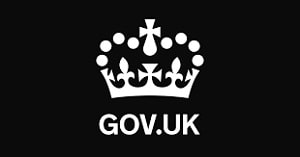
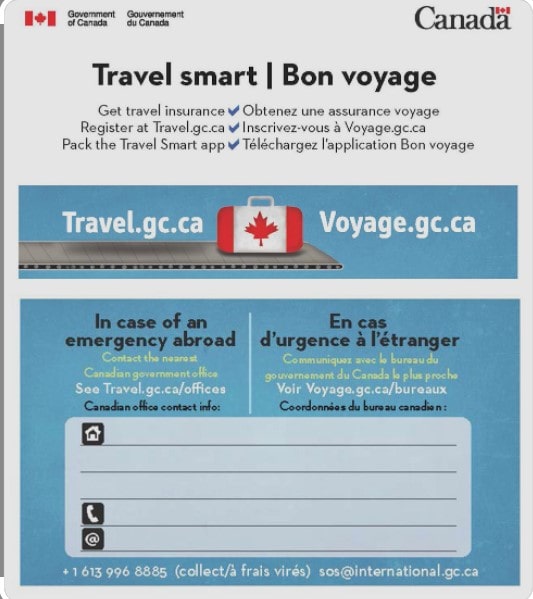
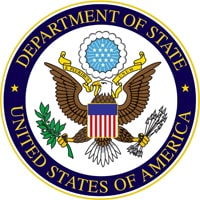


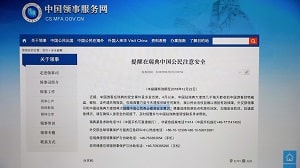
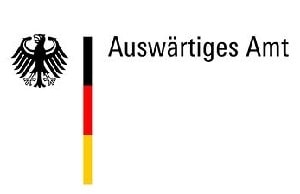

 https://portaldascomunidades.mne.gov.pt/pt/v
https://portaldascomunidades.mne.gov.pt/pt/v

